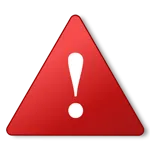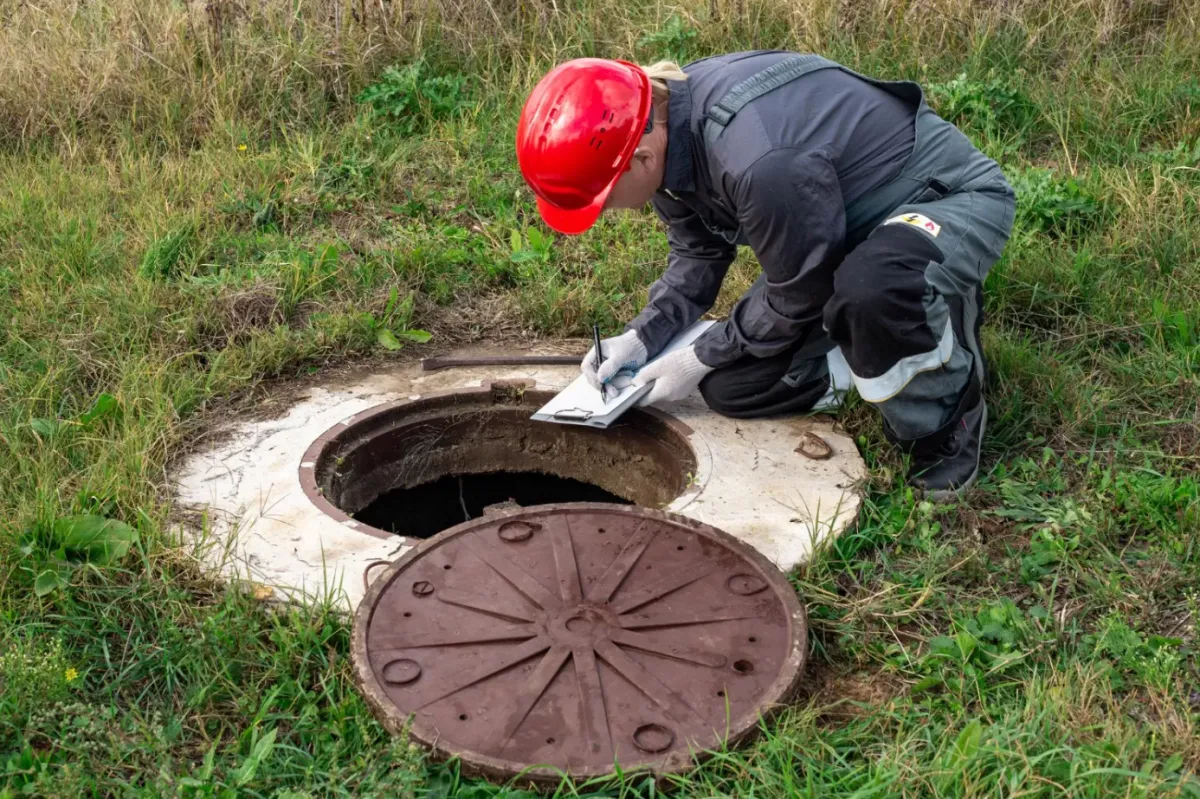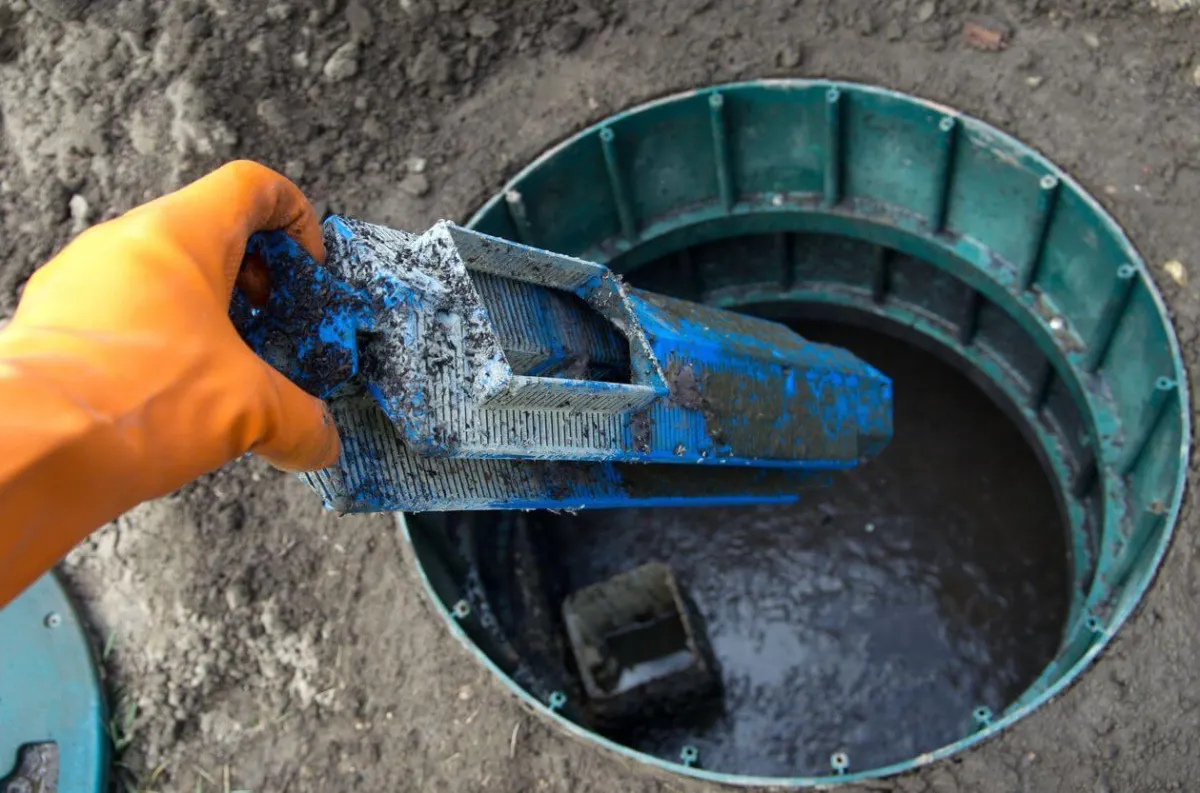Septic Inspections Near Thurston County, Washington
South Bay Septic & Excavation is Committed to superior quality and results!

AVOID COSTLY MISTAKES:
Do NOT hire an excavating contractor without first reading our free guide:
The ULTIMATE Excavation & Septic "Success Guide."

Reliable Septic Inspections Near Thurston County, Washington – Professional Service Benefits & Hiring Guide
Septic inspections are crucial for homeowners and property managers in Thurston County, Washington, who rely on septic systems to handle their wastewater needs. A properly functioning septic system is essential to maintain the value of your property, ensure safety, and prevent environmental hazards. We cover everything you need to know about septic inspections, including their benefits, the importance of hiring a professional for septic inspections near Thurston County, Washington, and what to expect in the process.
How Can We Help?


Why Are Septic Inspections Near Thurston County Important?
In Thurston County, like many parts of Washington, residential and commercial properties often rely on septic systems rather than centralized sewage systems. A septic system is a self-contained underground wastewater treatment system designed to treat and dispose of wastewater. However, regular inspections are necessary to keep the system functioning properly and to avoid costly repairs or health hazards.
Without regular inspections, you could face several problems, such as:
Environmental Damage: Faulty septic systems can leach harmful bacteria and chemicals into the soil and groundwater, posing a threat to the environment.
Health Risks: Leaks or backups can expose you, your family, and neighbors to harmful bacteria, increasing the risk of illness.
Costly Repairs: An unnoticed problem can become a costly issue if left unaddressed. Regular inspections help catch issues early before they turn into expensive repairs or replacements.
Benefits of Hiring a Septic Inspection Near Thurston County, Washington
Choosing a professional service for septic inspections in Thurston County offers numerous advantages:
1. Thorough Inspection and Diagnosis
A professional septic inspection service has the experience and knowledge needed to evaluate your system accurately. Professionals can:
• Check for signs of leaks, cracks, and blockages that you might miss.
• Assess whether the septic tank needs inspection.
• Identify any issues in the drain field, a critical component of the septic system.
2. Compliance with Local Regulations
Washington state has specific requirements regarding septic system maintenance, and Thurston County is no exception. By hiring a certified septic inspector, you ensure that your system complies with all local regulations. This is especially important if you’re planning to sell your property, as non-compliance can affect the sale.
3. Save Money in the Long Run
A professional inspection can save you money over time by identifying minor issues before they become major problems. Regular inspections reduce the risk of costly repairs and extend the life of your septic system, meaning you won’t have to replace it sooner than expected.
4. Peace of Mind
Knowing that your septic system is in good condition allows you to rest easy, particularly in emergency situations such as floods or heavy rain, which can strain septic systems. Regular inspections by a professional service give you peace of mind, knowing that your system is ready to handle these challenges.
See Our Services

✔️ Commercial Excavation
✔️ Residential Excavation
✔️ Swimming Pool Excavation
✔️ Basement Excavation
✔️ Demolition
✔️ Foundation Digging
✔️ Large Pond Construction
✔️ Small Pond Construction
✔️ Dozer work
✔️ Road Construction
✔️ Septic Inspections
✔️ Septic installs traditional systems
Quality Services Launched FAST!

✔️ Septic tanks - aerobic systems
✔️ Septic tanks - Plastic/poly
✔️ Septic tanks - Concrete
✔️ Septic Design
✔️ Drain field replacement
✔️ Grading
✔️ Lot clearing
✔️ French Drains
✔️ Retaining walls
✔️ Sewer repairs
✔️ Drainage systems
✔️ Land Clearing
What Are You Waiting For?
What Does a Septic Inspection Near Thurston County Involve?
Septic inspections follow a systematic process to ensure that all components of the system are functioning properly. Here’s an overview of what to expect:
1. Initial Evaluation
The inspection process usually begins with a preliminary assessment of your property’s septic system. The inspector will gather information about the system’s age, maintenance history, and any known issues.
2. Checking for Blockages
One of the first steps in the actual inspection is to check for any blockages in the system. This includes inspecting the pipes and tank for signs of buildup, cracks, or clogs. Blockages can lead to backups and leaks, which pose significant risks.
3. Inspecting the Septic Tank
The inspector will open the septic tank and check the sludge and scum levels. They will assess whether the tank needs to be pumped and look for any damage to the tank walls or lid.
4. Assessing the Drain Field
The drain field is a critical part of the septic system that helps with wastewater absorption and treatment. The inspector will check for signs of pooling water, bad odors, or soggy areas that indicate potential issues with the drain field.
5. Reviewing System Components
Beyond the tank and drain field, a complete septic inspection in Thurston County also involves checking other components, such as the distribution box, effluent filter, and any mechanical or electrical components, to ensure they’re functioning properly.
6. Providing an Inspection Report
After the inspection, the professional will provide you with a detailed report on the state of your septic system. This report typically includes: A summary of findingsAny issues identified during the inspection Recommendations for maintenance or repairs
How to Hire a Septic Inspection Near Thurston County, Washington
When hiring a septic inspection service in Thurston County, Washington, consider the following steps to ensure you’re getting the best service:
1. Check Qualifications and Certifications
Ensure that the inspector is certified and licensed to perform septic inspections in Washington state. Certified inspectors have the necessary training and knowledge to accurately assess your system.
2. Ask About Experience
Experience is crucial in septic inspections. Ask potential inspectors about their experience with different types of septic systems and their familiarity with local regulations in Thurston County.
3. Request a Cost Estimate
Before hiring, request a detailed cost estimate. Many septic inspection companies offer a flat fee for a standard inspection, but additional charges may apply for complex inspections or additional services. A transparent estimate will help you budget accordingly.
4. Read Reviews and Testimonials
Online reviews and testimonials from past clients can provide valuable insights into the reliability and quality of the inspector’s work. Look for companies with positive feedback and a track record of satisfied customers.
5. Inquire About Follow-Up Services
Some companies offer follow-up services, such as routine maintenance, inspection, or repairs. It’s helpful to know if the company provides these additional services, as ongoing support can be beneficial for maintaining your septic system.
Maintaining Your Septic System After the Inspection
After the inspection, you’ll want to keep your septic system in top shape. Here are some tips for septic system maintenance:
Schedule Regular Inspections: Follow your inspector’s recommendations for future inspections, typically every 3-5 years, depending on usage.
Pump the Tank as Needed: Pumping is necessary when sludge and scum levels reach a certain point, usually every 3-5 years. Your inspector will advise when it’s time to pump.
Conserve Water: Avoid overloading the system by using water efficiently. Excessive water usage can strain the septic system, leading to issues.
Be Mindful of What You Flush: Avoid flushing non-biodegradable items, chemicals, and oils down your drains. These can clog and damage the system.
By taking these preventive measures, you can extend the life of your septic system and avoid costly repairs.
Hours: Mon - Fri: 7:00 am - 6:00 pm
Extended hours by appointment only.
Certifications:
UBI# 604933452
# SOUTHBT779NQ
South Bay Septic & Excavation LLC
Address: 2701 FISHTRAP LOOP NE OLYMPIA 98506-9609 WA
All rights reserved | Client Support Area

